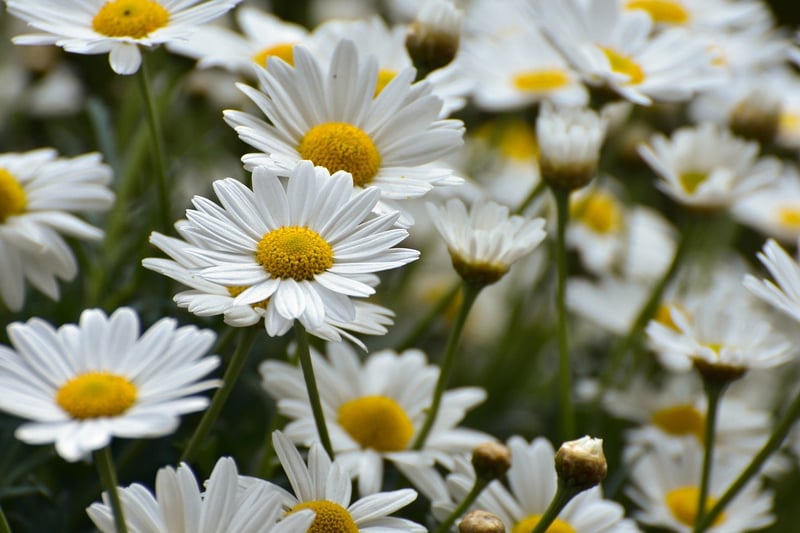Pest Control Methods
Keeping Your Plants Healthy + Pest Control Methods
Introduction
Welcome to our guide on keeping your plants healthy and effective pest control methods. Whether you are a seasoned gardener or just starting out, maintaining healthy plants is crucial for a thriving garden. In this article, we will explore some tips and techniques to ensure your plants stay healthy and vibrant while also discussing ways to control pests that may harm your beloved plants.
1. Watering
Proper watering is essential for plant health. Overwatering can lead to root rot, while underwatering can cause wilting and nutrient deficiencies. It's important to water your plants according to their specific needs. Some plants require more frequent watering, while others prefer drier soil.
2. Sunlight
Sunlight is crucial for photosynthesis, the process by which plants convert light into energy. Make sure your plants are getting the right amount of sunlight based on their specific requirements. Some plants thrive in full sun, while others prefer partial shade.
3. Nutrients
Plants need essential nutrients to grow and thrive. Fertilize your plants regularly with a balanced fertilizer to ensure they are getting the necessary nutrients. You can also use organic compost to enrich the soil and provide natural nutrients to your plants.
4. Pest Control Methods
Despite our best efforts, pests can sometimes find their way into our gardens and wreak havoc on our plants. Here are some effective pest control methods to keep your plants safe:
a. Natural Predators
Introducing natural predators like ladybugs, lacewings, or predatory mites can help control pest populations in your garden. These beneficial insects feed on common garden pests, keeping their numbers in check.
b. Neem Oil
Neem oil is a natural insecticide that can help control a wide range of pests, including aphids, mealybugs, and spider mites. Dilute neem oil in water and spray it on your plants to deter pests and prevent infestations.
c. Companion Planting
Planting certain herbs and flowers alongside your vegetables can help repel pests and attract beneficial insects. For example, planting marigolds can deter nematodes, while basil can repel mosquitoes and flies.
Conclusion
By following these tips for keeping your plants healthy and implementing effective pest control methods, you can ensure a thriving and beautiful garden. Remember to monitor your plants regularly, address any issues promptly, and enjoy the rewards of a lush and vibrant garden.

 Learn more about common garden pests
Learn more about common garden pests
